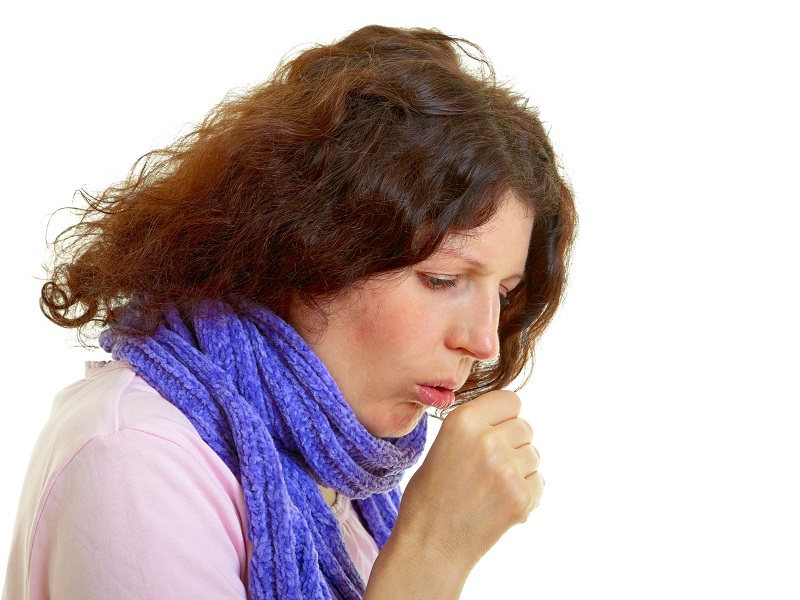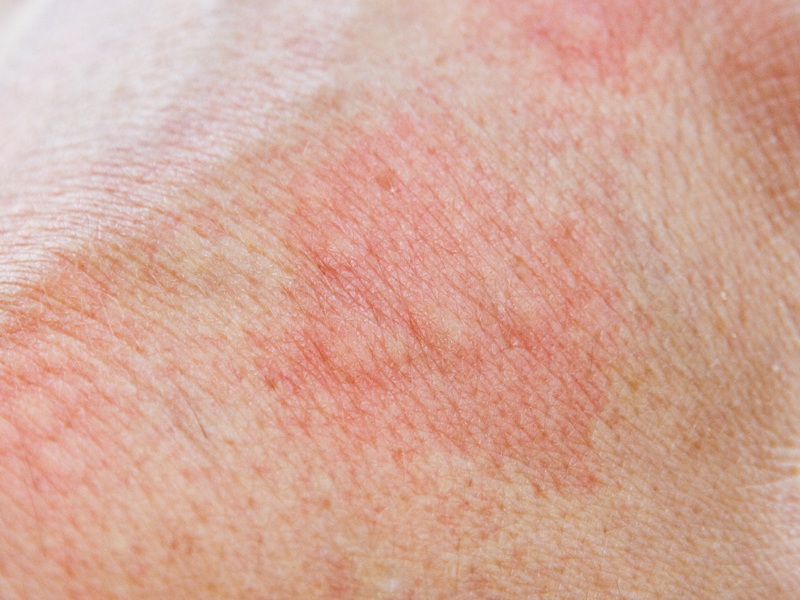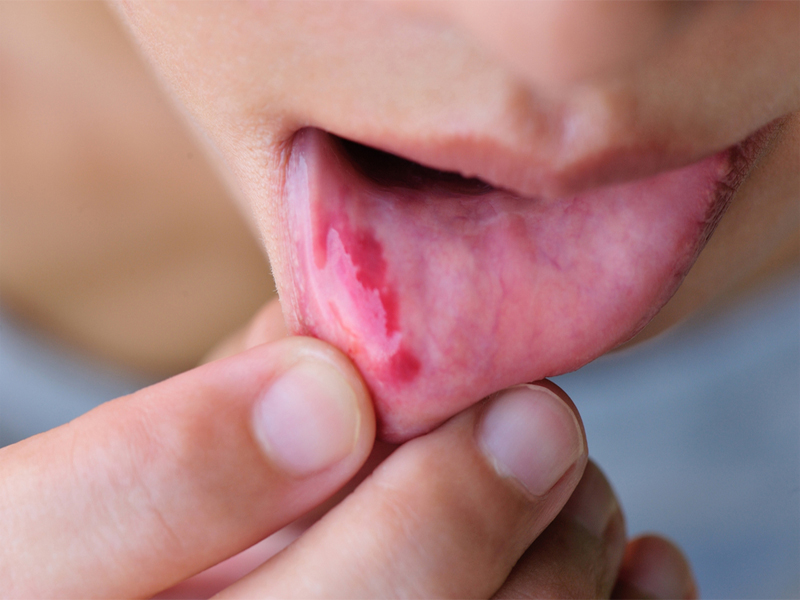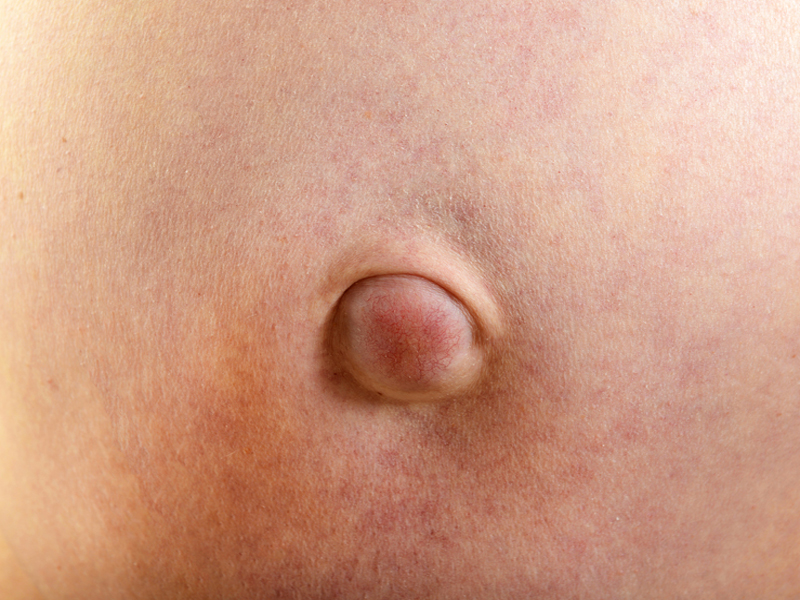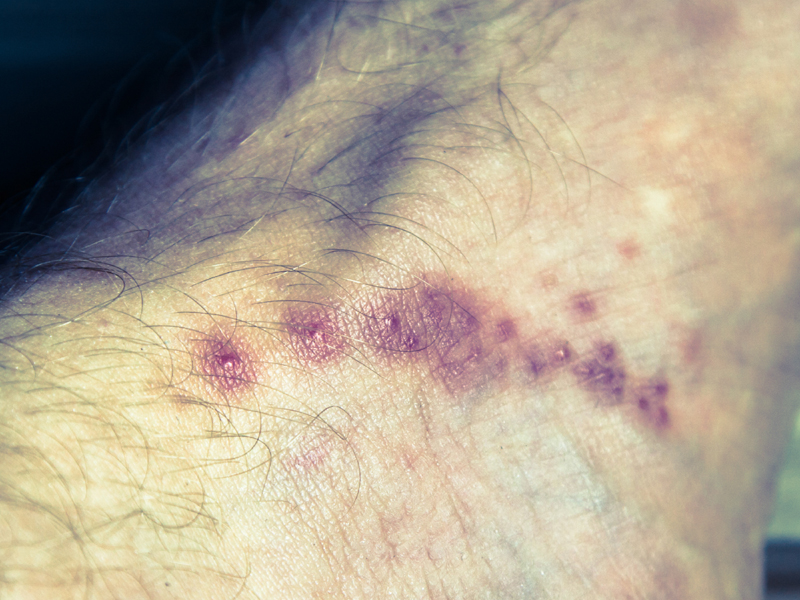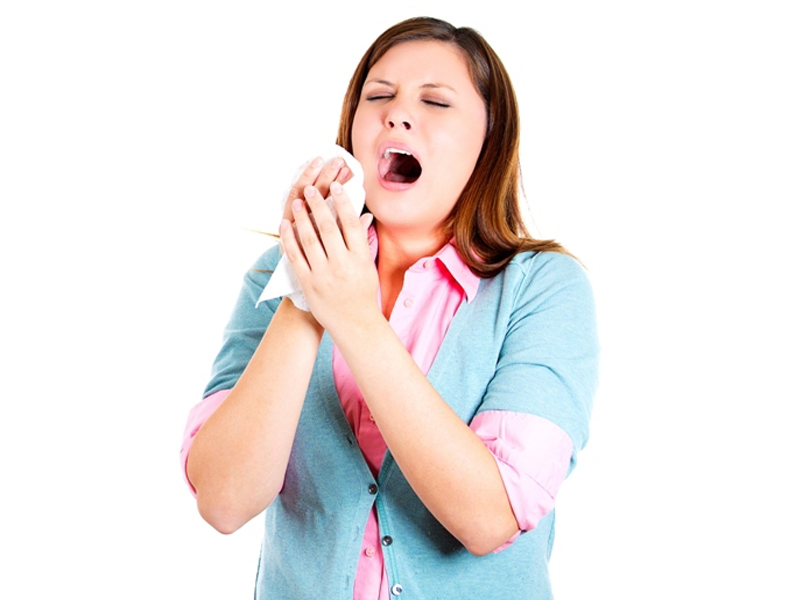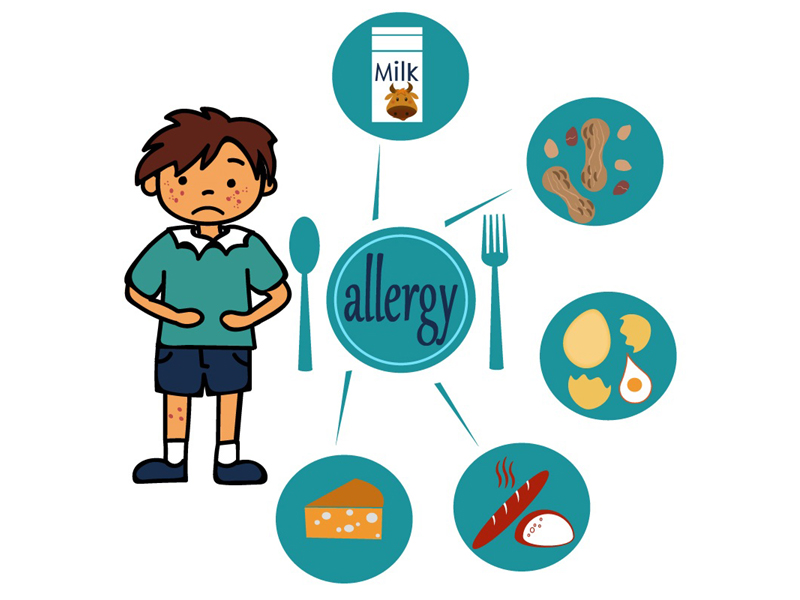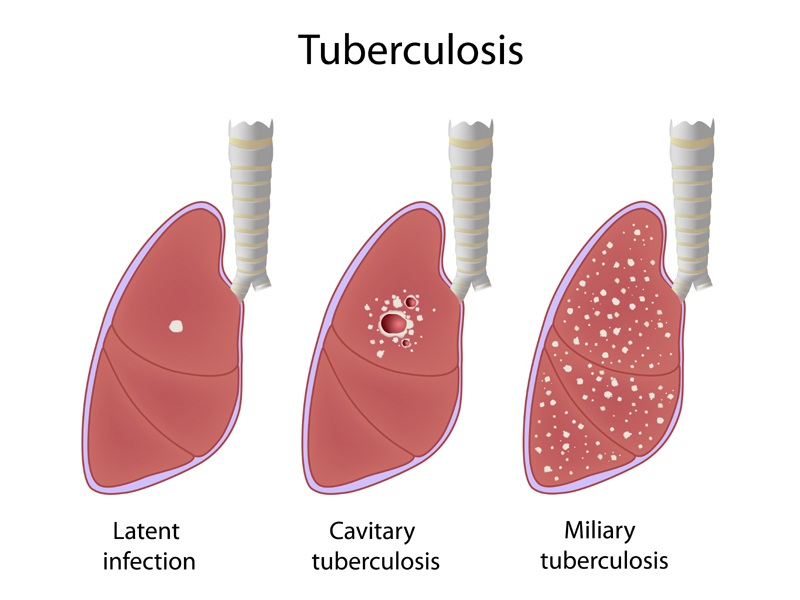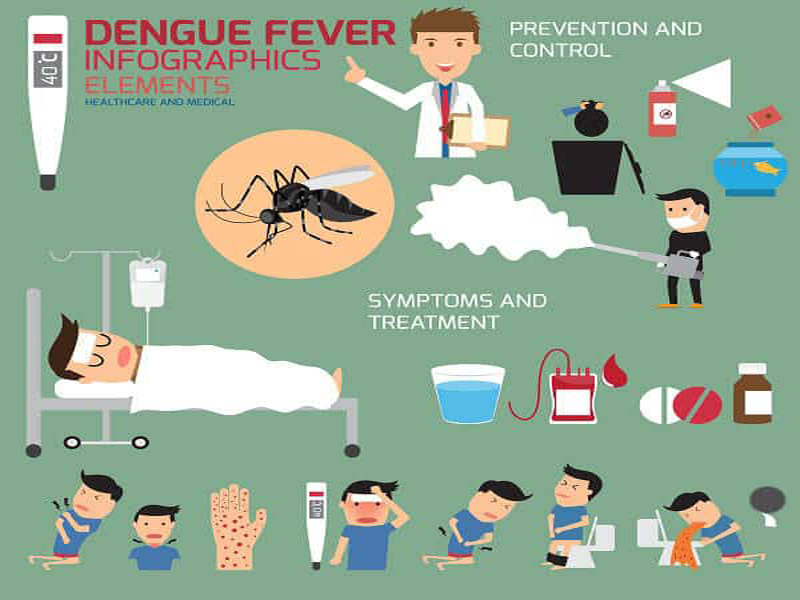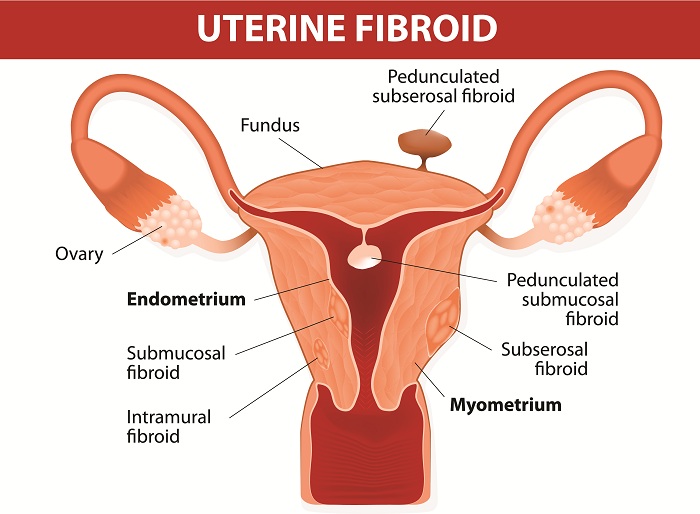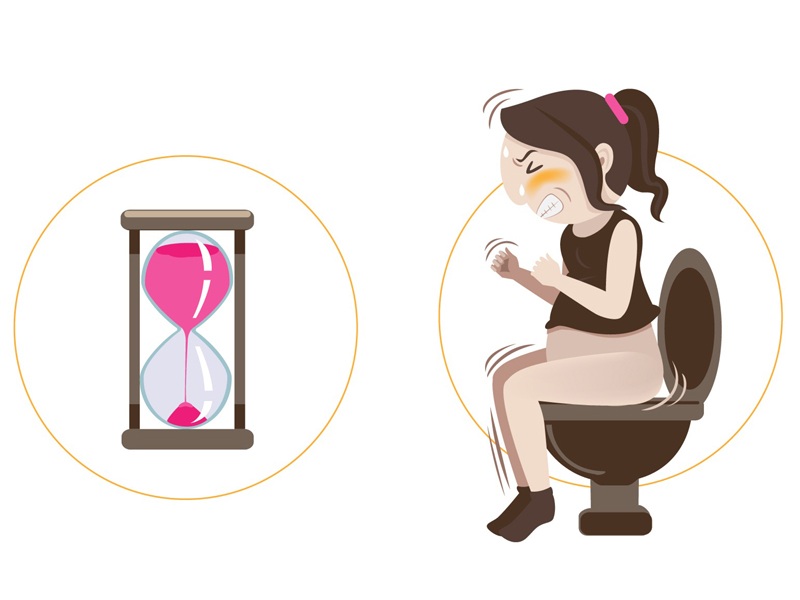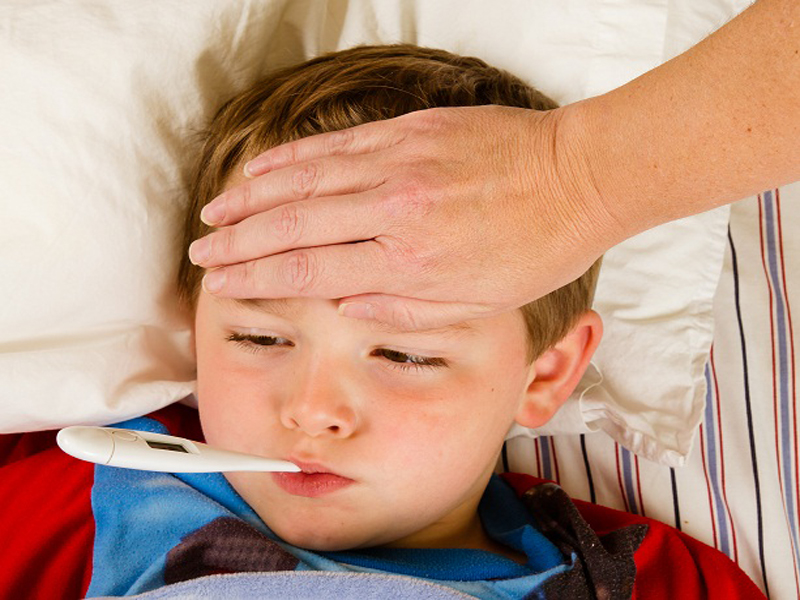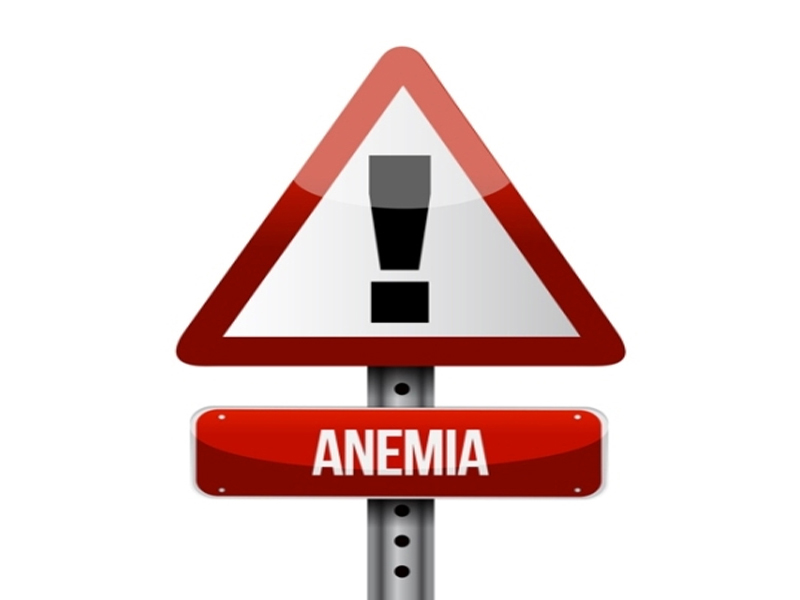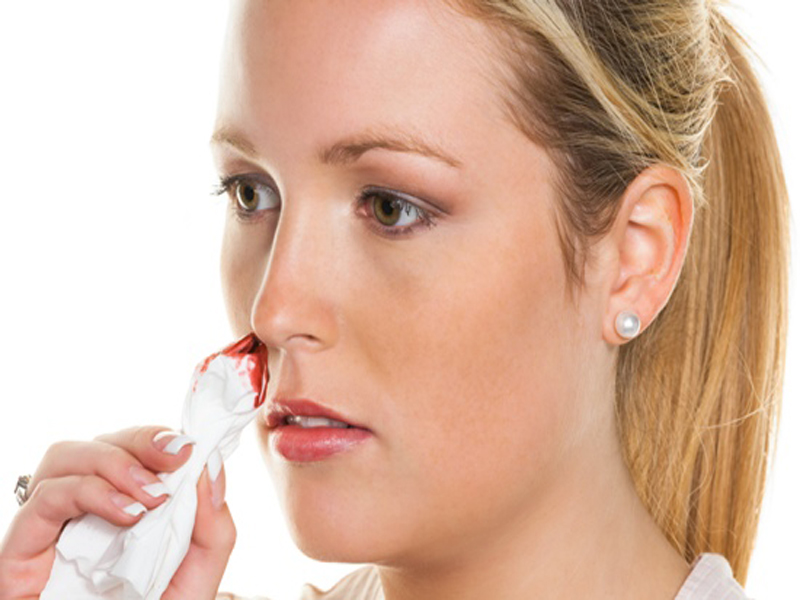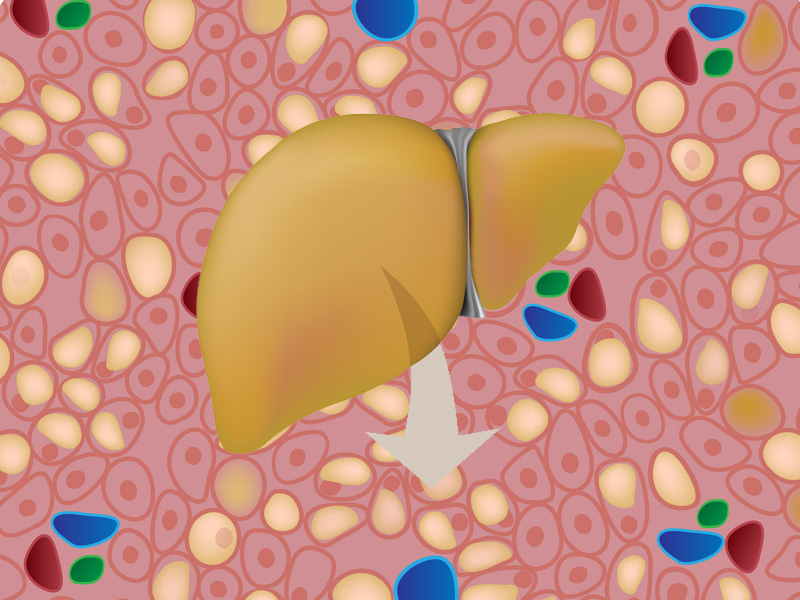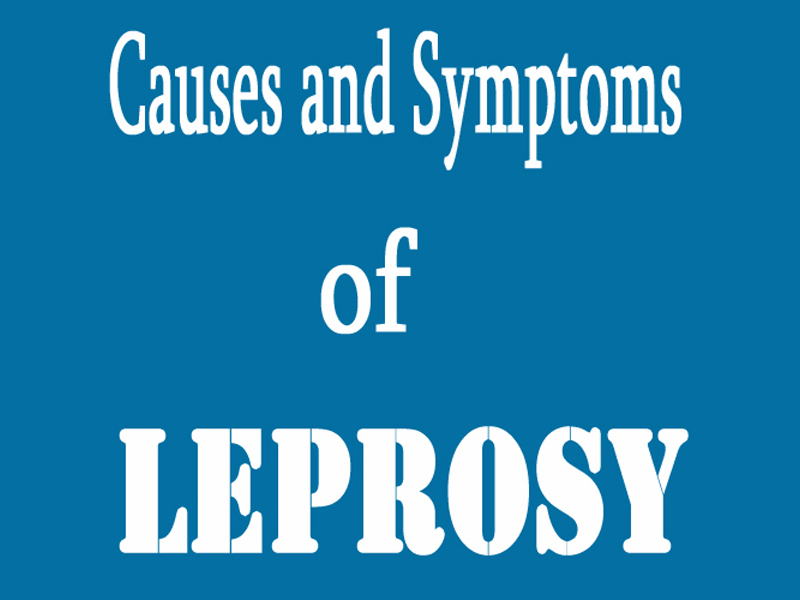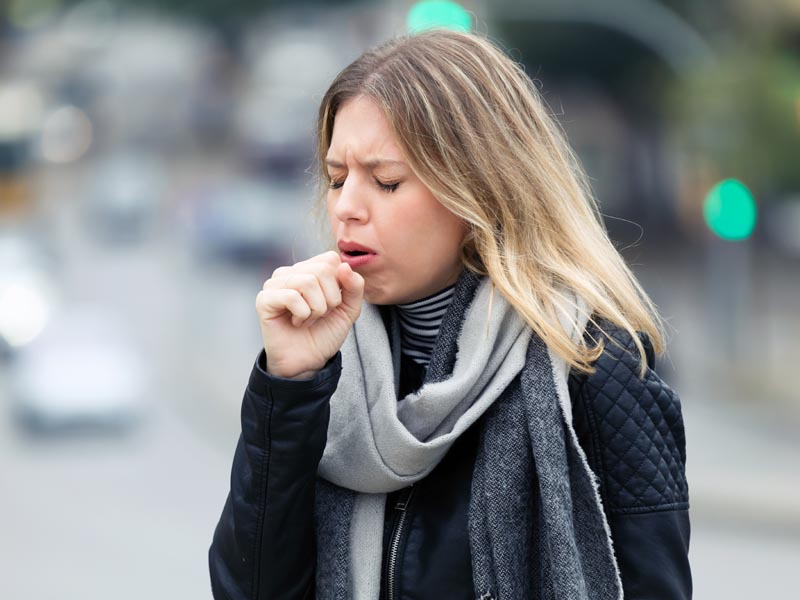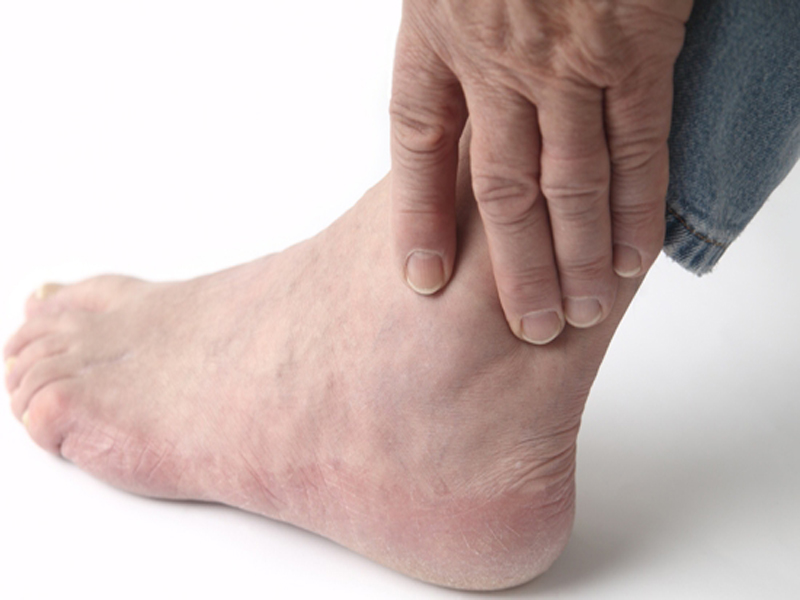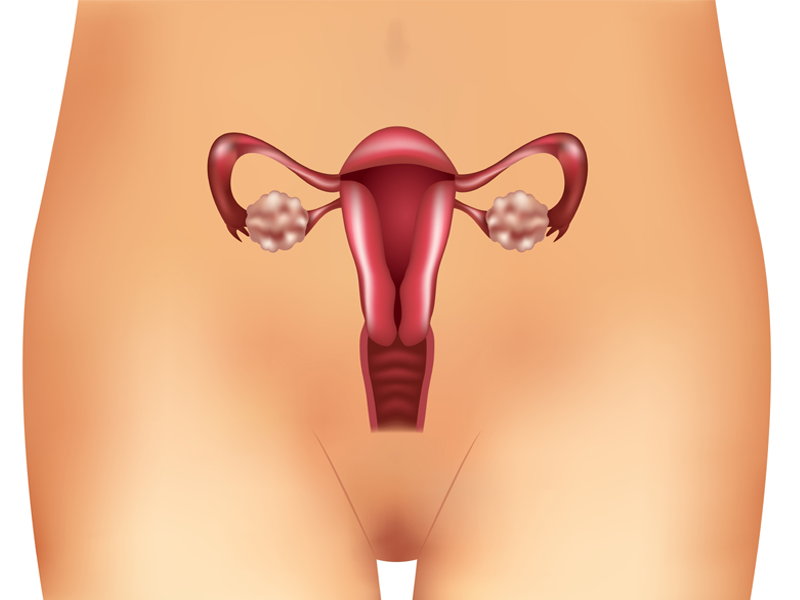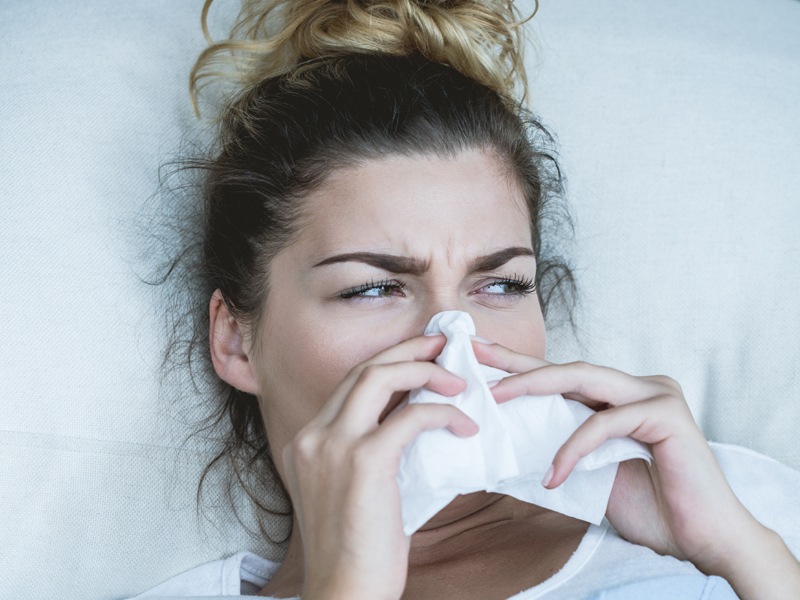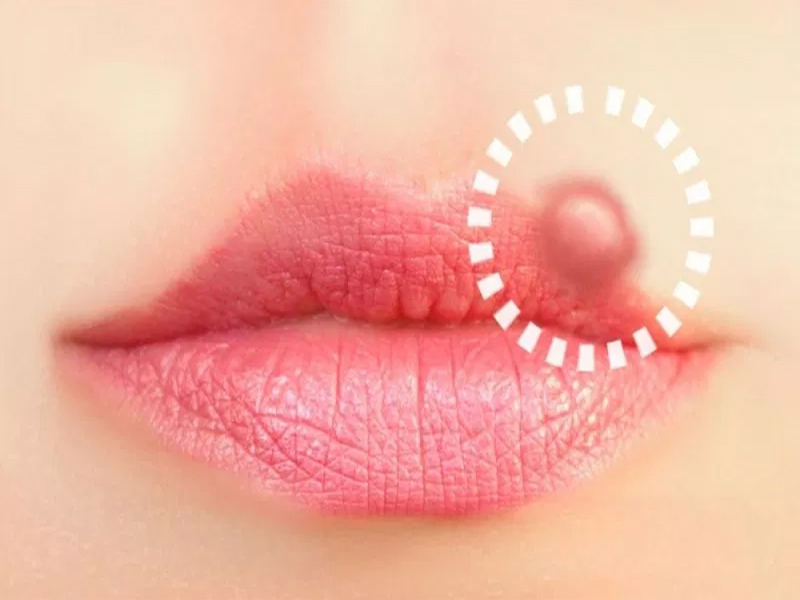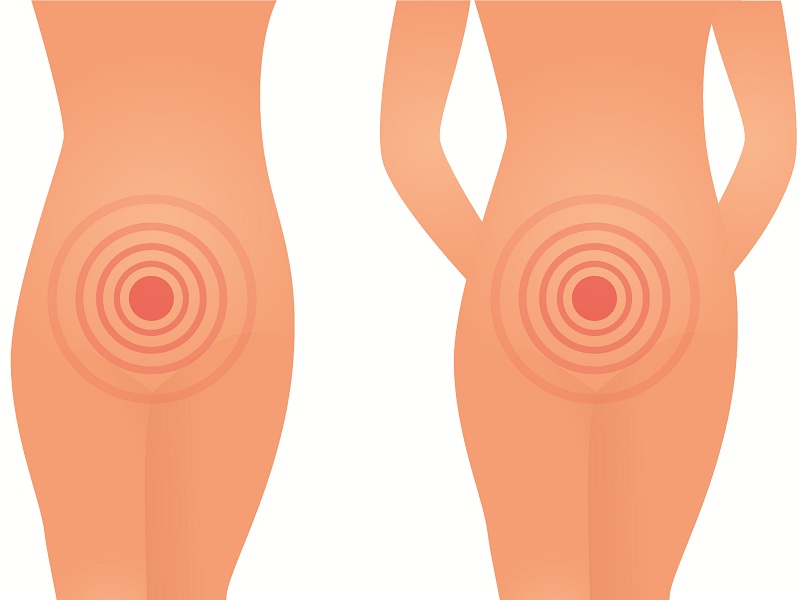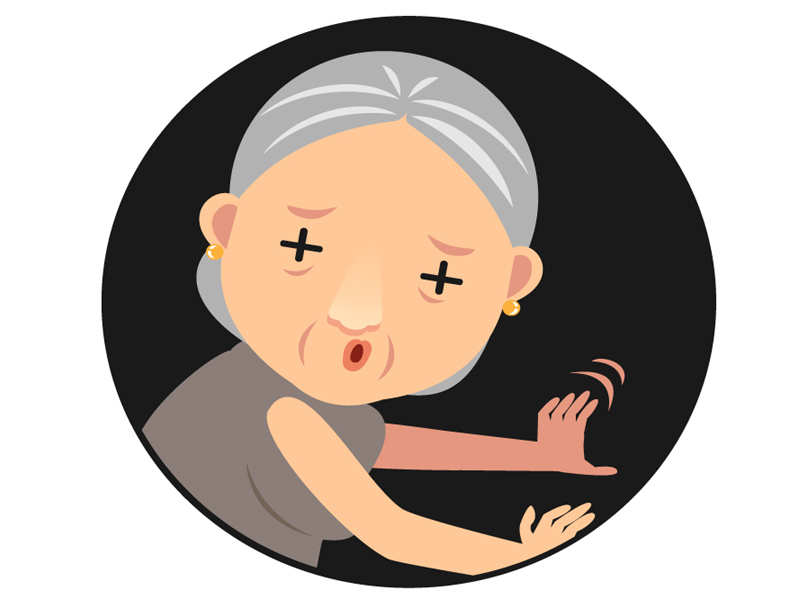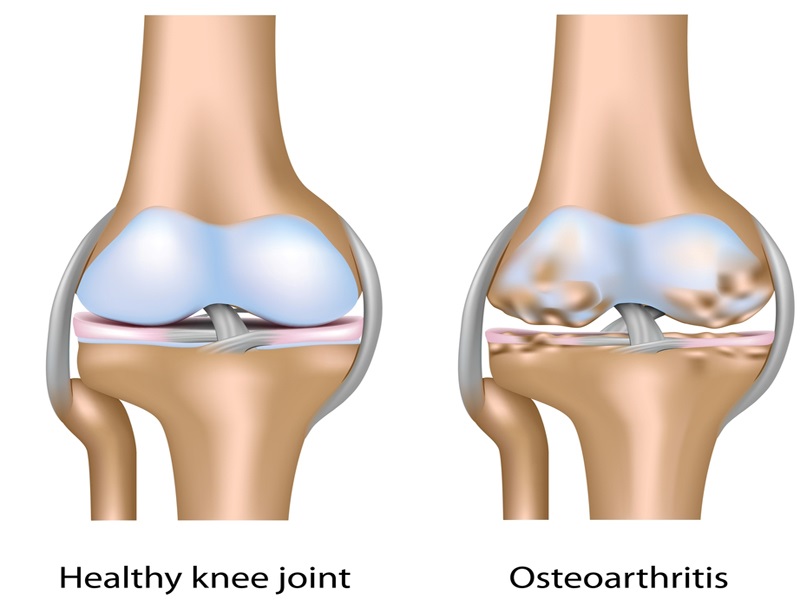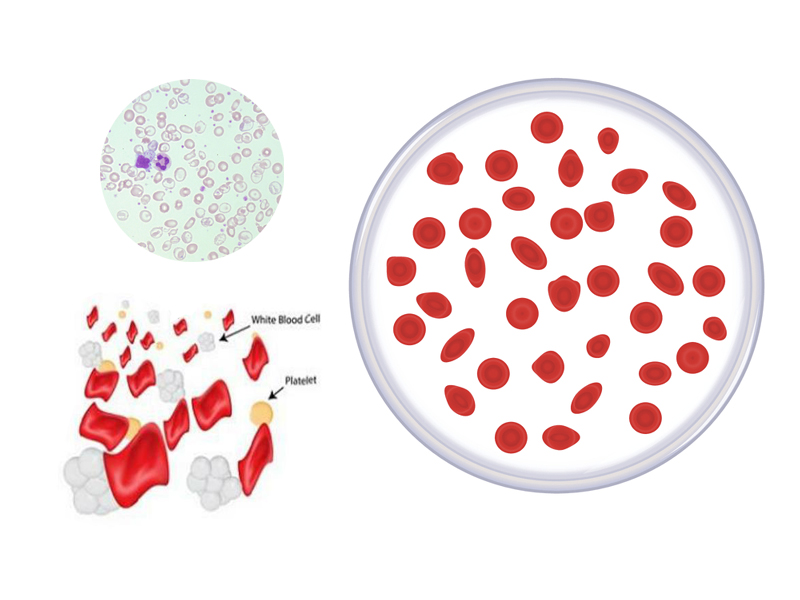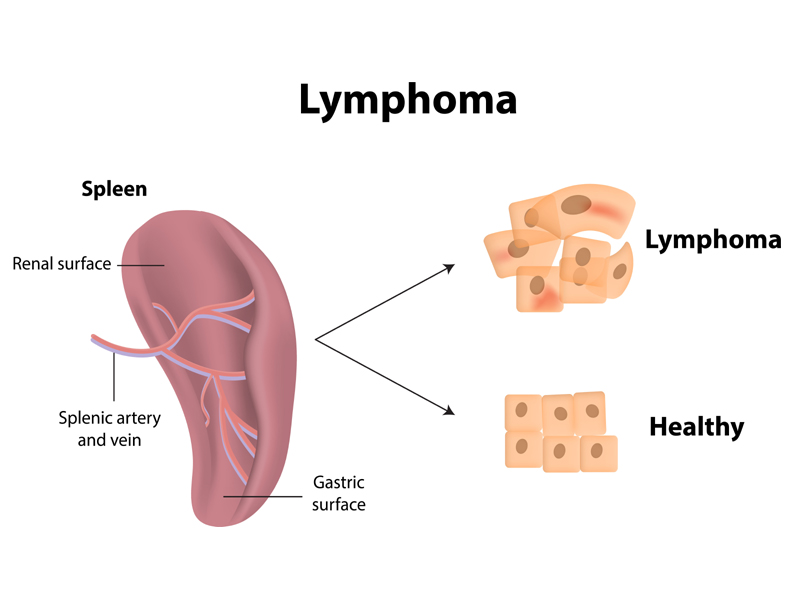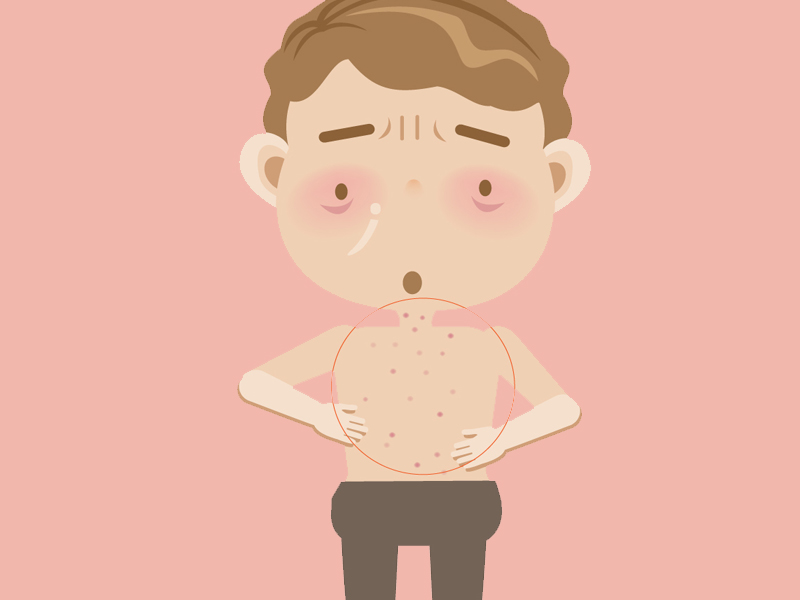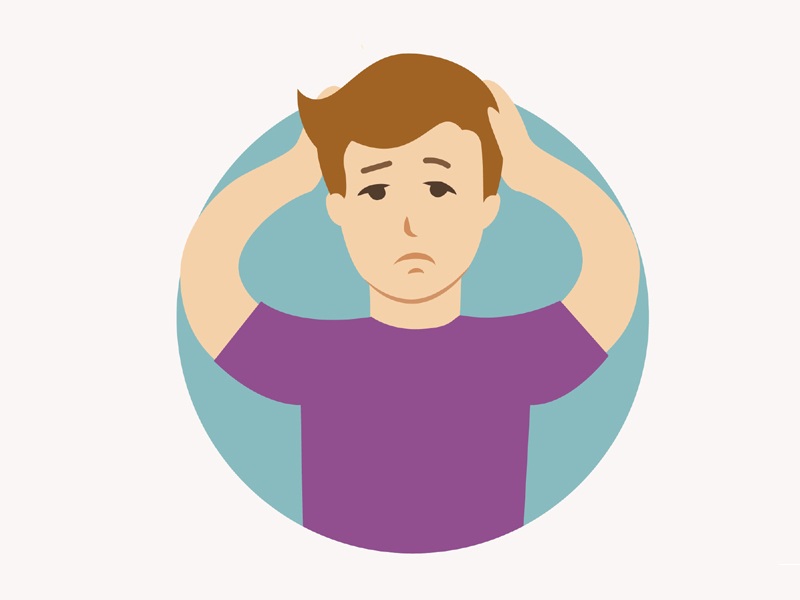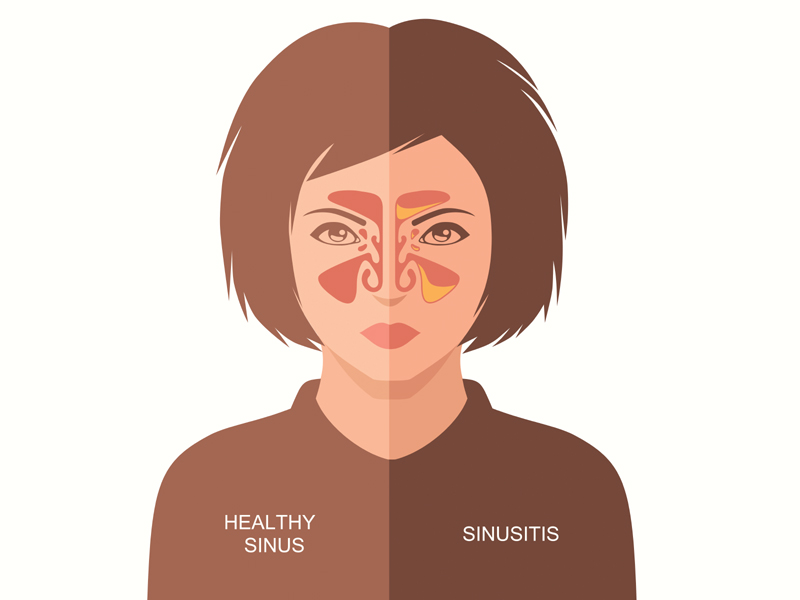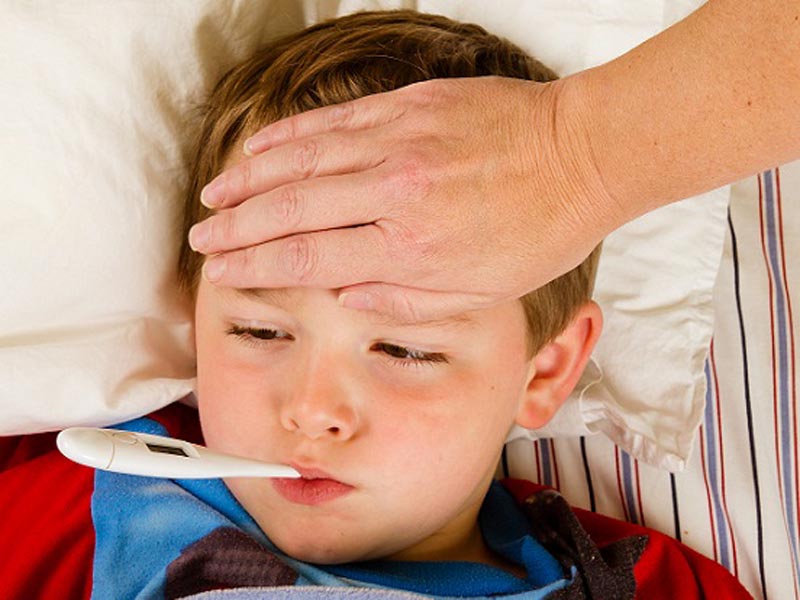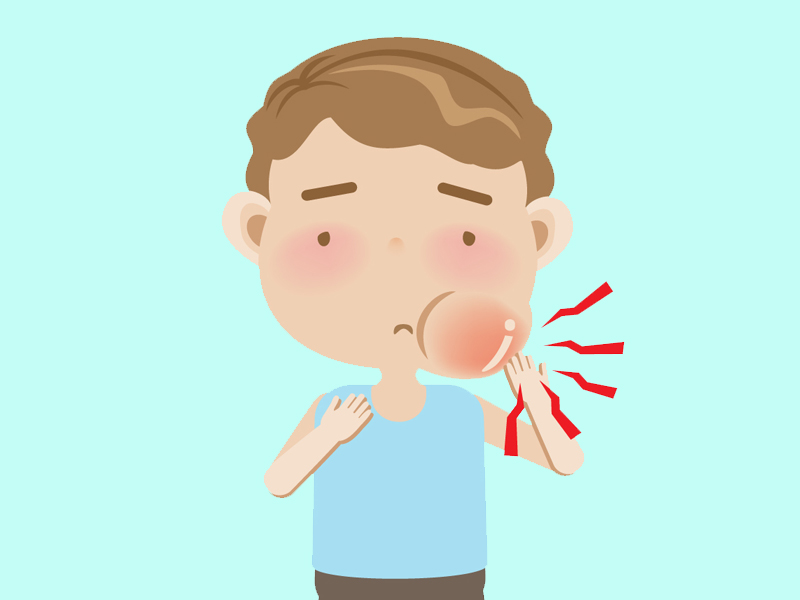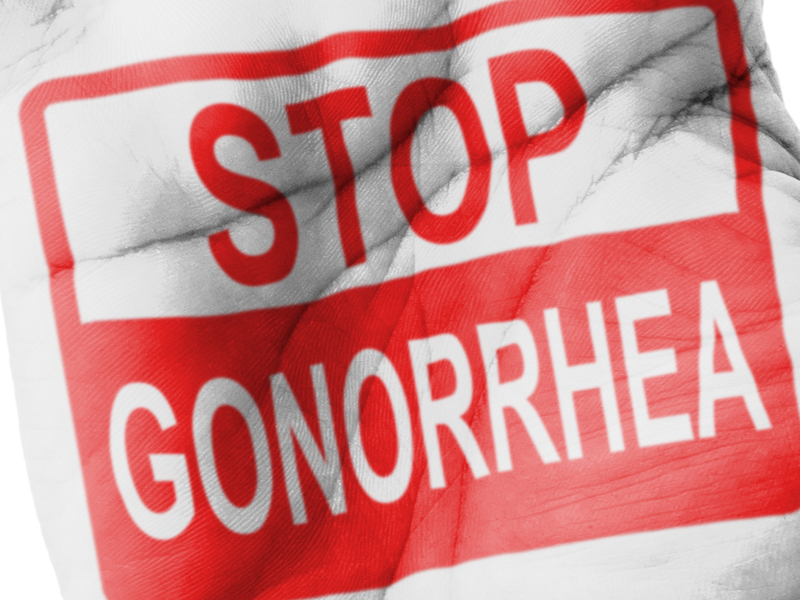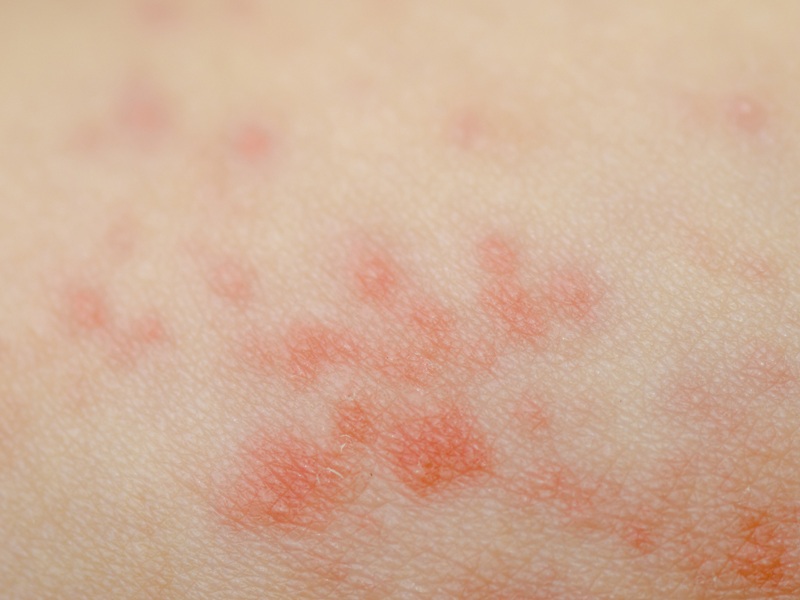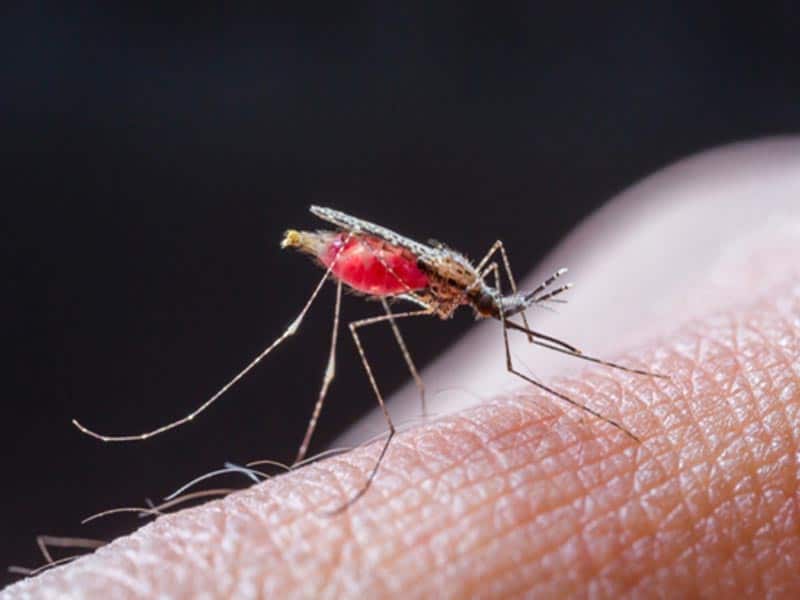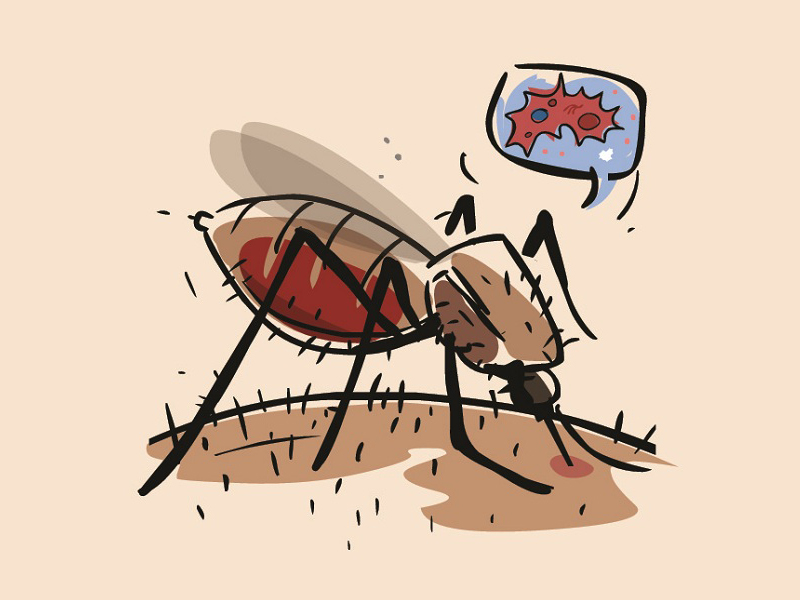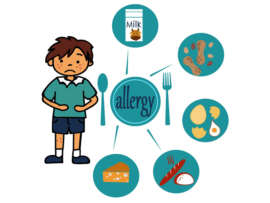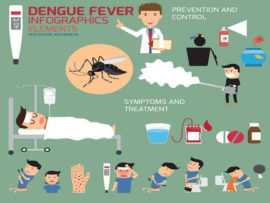One can have a nightmare due to a sleepless night caused by coughing, which often occurs when everyone wants a silent sleep. A cough is a reflex action by the human body to fight against foreign particles or thick mucus formed for various reasons.
Why Do I Cough More at Night? Common Causes:
Here are some causes of coughing at night:
- Gravity: According to Mitchell Blass, an MD specialist, the main cause of coughing at night is gravity. When we lie down, our gastroesophageal reflex action causes the mucus to pool, leading to coughing.
- Viral Cough: A cough induced by a viral infection can cause the mucus to thicken and drain back down the throat, causing inflammation and triggering the cough centre.
- Asthma: Asthma is caused by the hyper-responsive action of the tracheobronchial smooth muscle to various external stimuli, narrowing the tubes. Exposure to cold at night increases the risk of coughing due to asthma.
- Lung Diseases: Lung diseases such as bronchitis and tumours can cause airway distress and difficulty breathing, especially at night.
[See More: Cough Syrups in India]
- Medicine-induced Cough: Medications like angiotensin-converting inhibitors can cause coughing due to the accumulation of kinin mediators in the respiratory tract, increasing cough reflexes.
- Tuberculosis: Tuberculosis does not show any major symptoms as the bacteria can thrive in the human body without affecting it. After many days of thriving, the bacteria can cause a dry cough that increases with the swelling of lymph nodes.
- Heart Problems: Conditions like congestive cardiac failure can cause a persistent dry cough and wheezing. When there is a lung infection and heart failure, the phlegm may be tinged with blood.
- Smoking: Smoking causes the cilia in the lungs to become non-functional, leading to the accumulation of toxins. To remove these toxins, smokers often cough, especially at night. This is also known as a smoker’s cough.
- Sinusitis: A persistent dry cough can be caused by the irritation of the throat and inflamed airway passage and can be made worse by a dry air environment, which makes it difficult to breathe, as seen during sinus inflammation.
9 Effective Natural Treatments for Nighttime Coughing:
Say Goodbye to Nighttime Coughing with These Natural Remedies, which will help us during a disturbed sleep caused by a cough.
1. Herbal Tea with Honey:
A decaffeinated hot drink without milk, with honey, can help break down mucus fibres and clear the airway passage, calming the throat and reducing coughing. This remedy is easily available at home at any time of the night.
2. Taking a Steam:
A dry cough is often caused by decreased moisture in the throat. To increase moisture and reduce irritation, taking steam and inhaling the vapour can be helpful. The steam can be taken with plain or medicated water, with a nasal drop or medicated oil like eucalyptus.
3. Salt Water Gargling:
Salt has an anti-bacterial effect, which helps break down the mucus and soothing the throat by moistening the lining. The sputum is made up of irritants and bacteria, leading to infection and throat swelling. The swelling is reduced by osmosis, in which the salt concentration increases outside the cells during gargling, releasing the water from the cells, which reduces the swelling. Salt water gargling brings in good relief immediately. Excessive salt water gargling should be avoided since it may cause mouth dryness.
4. Vapour Rubs:
Vapour rub has ingredients like eucalyptus and herbs, which are important in suppressing nasal congestion. It is an external topical application balm that is applied around the throat region, passing into the skin and helps to subside a cough. This kind of vapour can be made at home using coconut oil, eucalyptus, rosemary and lavender oil or eucalyptus oil as a rub.
See More: Coughing Diseases List
5. Garlic:
It is a Pharyngeal demulcent that helps soothe the throat during a cough at night. It comes as a chewable medicated candy with different flavours which dissolves in the mouth at a slower rate by releasing the medication, which contains menthol, dextromethorphan and an anaesthetic agent like benzocaine, which helps to numb the throat region against coughing slightly. It helps to reduce a cough by moistening the throat and suppressing the nerve ending, which triggers a cough at night.
6. Turmeric:
Turmeric has many therapeutic values, one among them is the anti-bacterial effect. It helps to break the mucus formation and destroy the growth of bacteria. A good cup of hot water with one tablespoon of turmeric and black pepper makes it boil, and drink it daily until the cough subsides. Another method could be grinding the turmeric root, making it a powder, and consuming it with water and honey to also soothe the throat from coughing.
See More: Dry Cough Symptoms
7. Onion:
Breathing in the potent vapour of onion will help to stop coughing. Using one teaspoon of onion juice and honey twice daily will reduce inflammation and prevent coughing.
8. Probiotics:
Probiotics offer numerous benefits to the human body by providing strains of bacteria that help strengthen the immune system and fight against bacteria that cause coughing. Recent studies conducted by the British Journal of Nutrition found that the strain of bacteria Bifidobacterium bifidum can help combat colds and flu. Good sources of probiotics include yogurt and pickled vegetables.
9. Mint Leaves:
Mint leaves are most useful in curing cough for asthmatic patients. It has an anti-bacterial and expectorant effect, which helps break down the phlegm. One drop of mint extract in lukewarm water consumption gives the throat a soothing and relaxing effect.
See More: Cough Medicine
Cold and cough is always a disease encountered in any human’s life. The simple way to diagnose and treat the underlying cause is to get rid of the sleep-depriving cough. The cause can be either external or internal factor. When colds persist for over a week, a doctor’s consultation is highly recommended. Over the counter, the drug has to be strictly avoided due to its adverse side effects. Cough syrup with less dosage can be used only when someone is sure of their medical history to avoid any aphylactic reaction, or the best way to treat a simple cold is by using home remedies which give good relief. For kids, it is best to consult a doctor before administering medicines.


